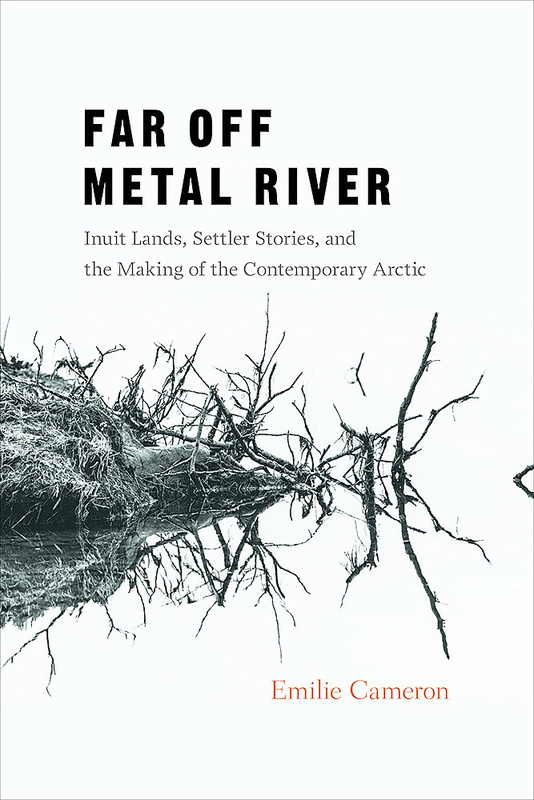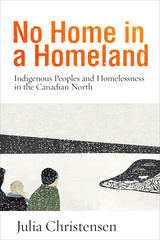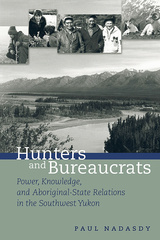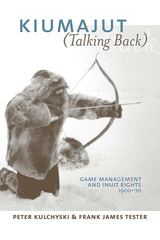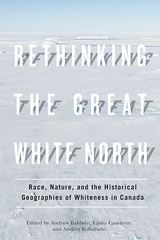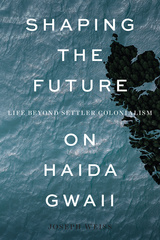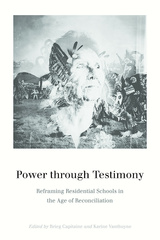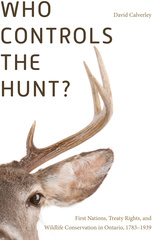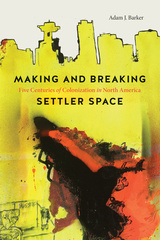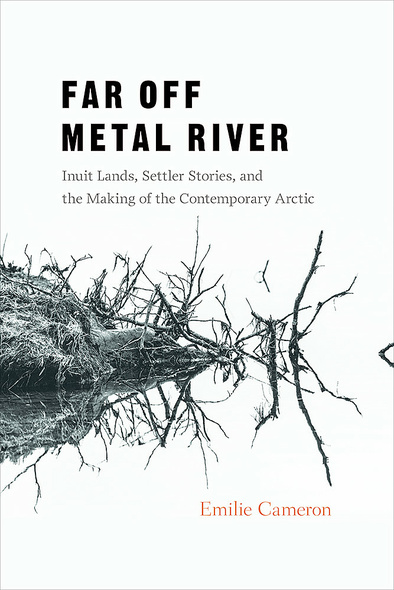
Far Off Metal River
Inuit Lands, Settler Stories, and the Making of the Contemporary Arctic
In 1771, Samuel Hearne, an employee of the Hudson’s Bay Company, set off with a group of Dene guides in search of a “Far Off Metal River” in the Central Arctic, rumored to be rich in copper. Twenty-four years later, Hearne’s account of his journey was published, along with a graphic description of the “Bloody Falls massacre,” an alleged attack by his guides on a camp of sleeping Inuit.
In Far Off Metal River, author Emilie Cameron explores how Hearne’s account of the massacre has shaped the ongoing colonization and economic exploitation of the North. As Cameron demonstrates, the Arctic has for centuries been treated like a blank page onto which a long line of explorers, missionaries, anthropologists, resource companies, and politicians have inscribed stories that serve their own interests. These stories have in turn played a central role in shaping the region, including efforts to open the North to industrial resource extraction. Consequently, Qablunaat (non-Inuit, non-Indigenous people) have a responsibility to question their relationships with the North and northerners, first by placing these stories within their proper historical, geographical, and social context and then by developing new understandings and new relationships that reflect the actual political, cultural, economic, environmental, and social landscapes of the contemporary Arctic.
This book will appeal to anyone interested in the Arctic, particularly scholars and students in the fields of Indigenous studies, northern studies, Canadian studies, human geography, anthropology, and history.
Awards
- 2016, Winner - Clio-North Prize, Canadian Historical Association
- 2016, Shortlisted - Aboriginal History Committee Book Prize, Canadian Historical Association
- 2017, Shortlisted - Canada Prize in the Humanities and Social Sciences, Federation for the Humanities and Social Sciences
Stories—‘theirs’ and ‘ours’—have been staples in core curricula that incorporate the critical study of cultures deemed ‘Non-Western.’ Anyone tasked with teaching such courses must read this book by Cameron, who emphasizes that stories are value-charged and multidimensional … Highly recommended.
Cameron’s Far Off Metal River is a masterful and carefully written book that addresses pressing theoretical and methodological questions for postcolonial studies, nature-society relations, and Indigenous geographies … It is a timely example of a non-Indigenous researcher centering the agency of Indigenous peoples in both research practice and writing … [This book] is a particularly important resource for students who are learning to engage with Indigenous epistemologies, ontologies, and methodologies in both the field and in the classroom … But it would be a mistake to read Far Off Metal River as valuable to researchers of Indigenous communities and histories alone … it has much to teach us about research in general.
A brilliant and unsettling meditation on our relation to northern lands and peoples. Far Off Metal River teaches us to be responsible to the origins and purposes of our stories, to acknowledge their limits, and to see the North as full of stories that are not ours to know. A ‘must-read’ in the face of renewed Canadian claims to Inuit lands and resources.
In this engrossing and morally spirited book, Emilie Cameron examines Indigenous and newcomer understandings of the Canadian North through narratives of cultural exchange and colonial violence and their material consequences. Alert to how colonial stories about the Arctic maintain an insidious grip on the present, and why we ignore them at our peril, Far Off Metal River is a remarkable and ultimately hopeful work that will inspire debate at a variety of postcolonial sites about the complex links between place, power, memory, storytelling, and affect.
Emilie Cameron is an assistant professor in the Department of Geography and Environmental Studies at Carleton University. She has a long-standing interest in non-Inuit knowledge production, including the geographies of northern social science research and the broader material effects of storytelling in the North. Her work has been published in Global Environmental Change; Antipode; the Annals of the Association of American Geographers; Progress in Human Geography; and cultural geographies, as well as in various edited collections.
Hivuniqhuut, Preface
1 Summer Stories
2 Ordering Violence
3 To Mourn
4 Copper Stories
5 Resistance Stories
6 Toward an Emerging Past
7 Ptarmigan Stories
Notes; Glossary; Bibliography; Index

